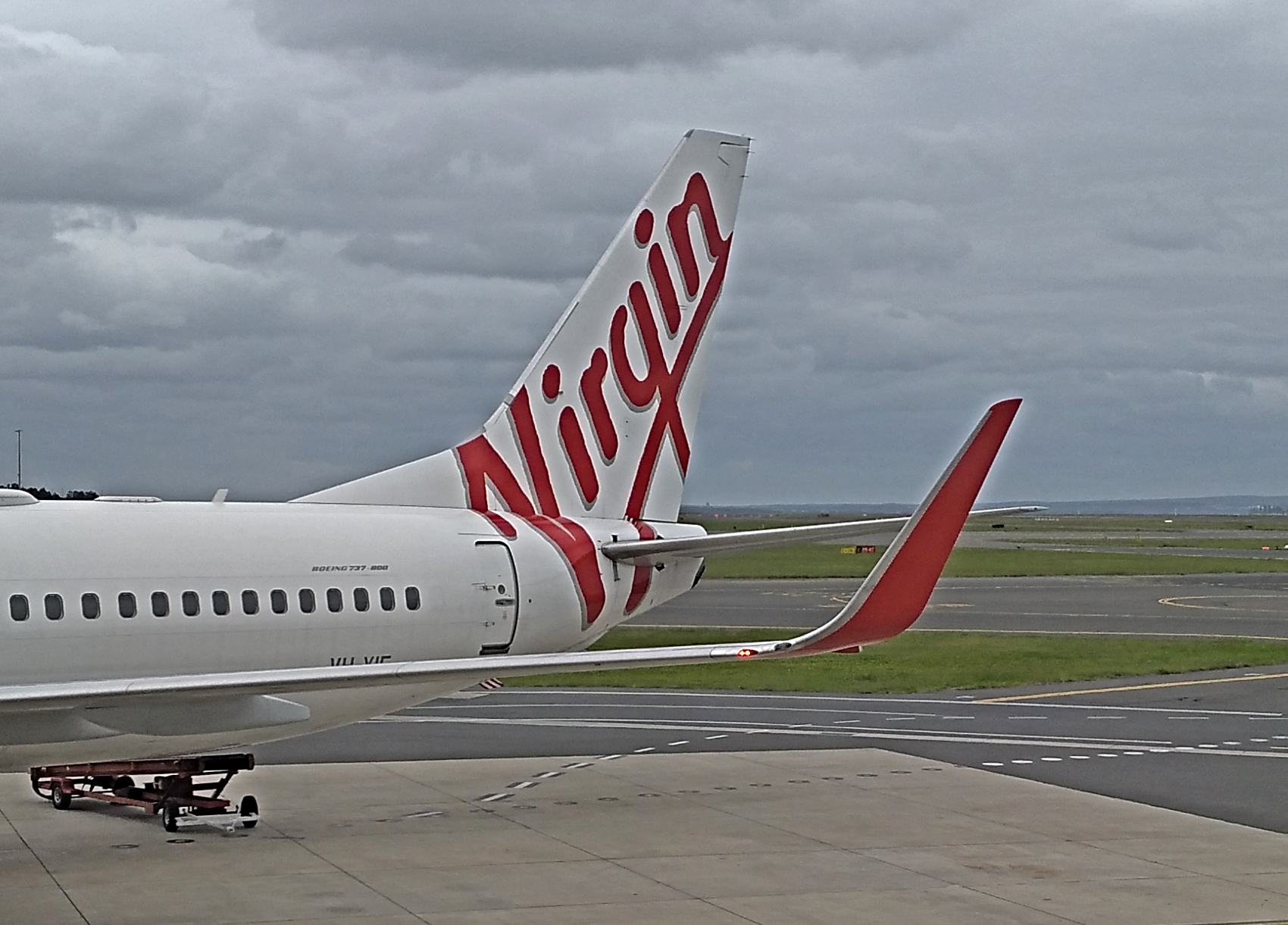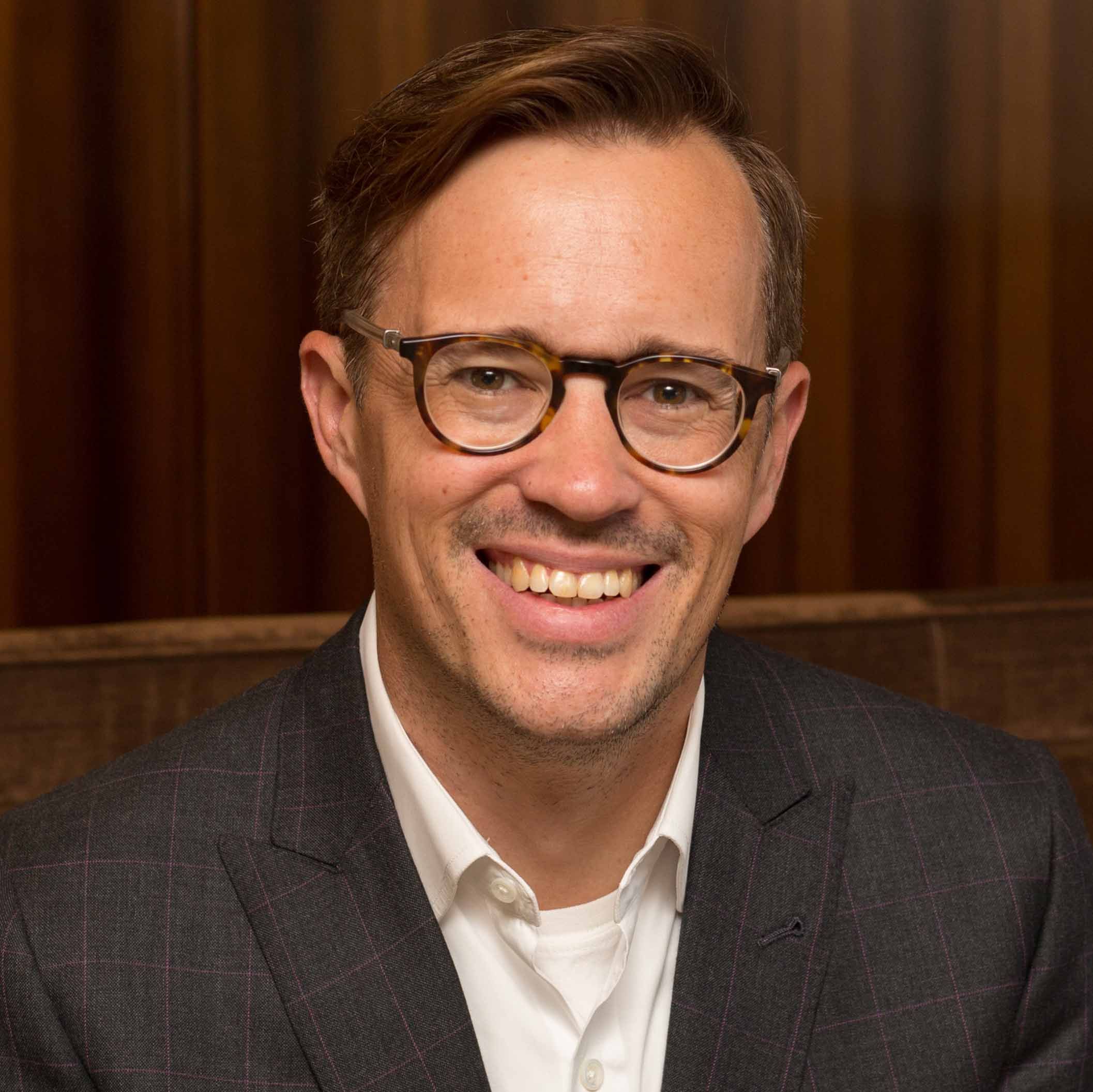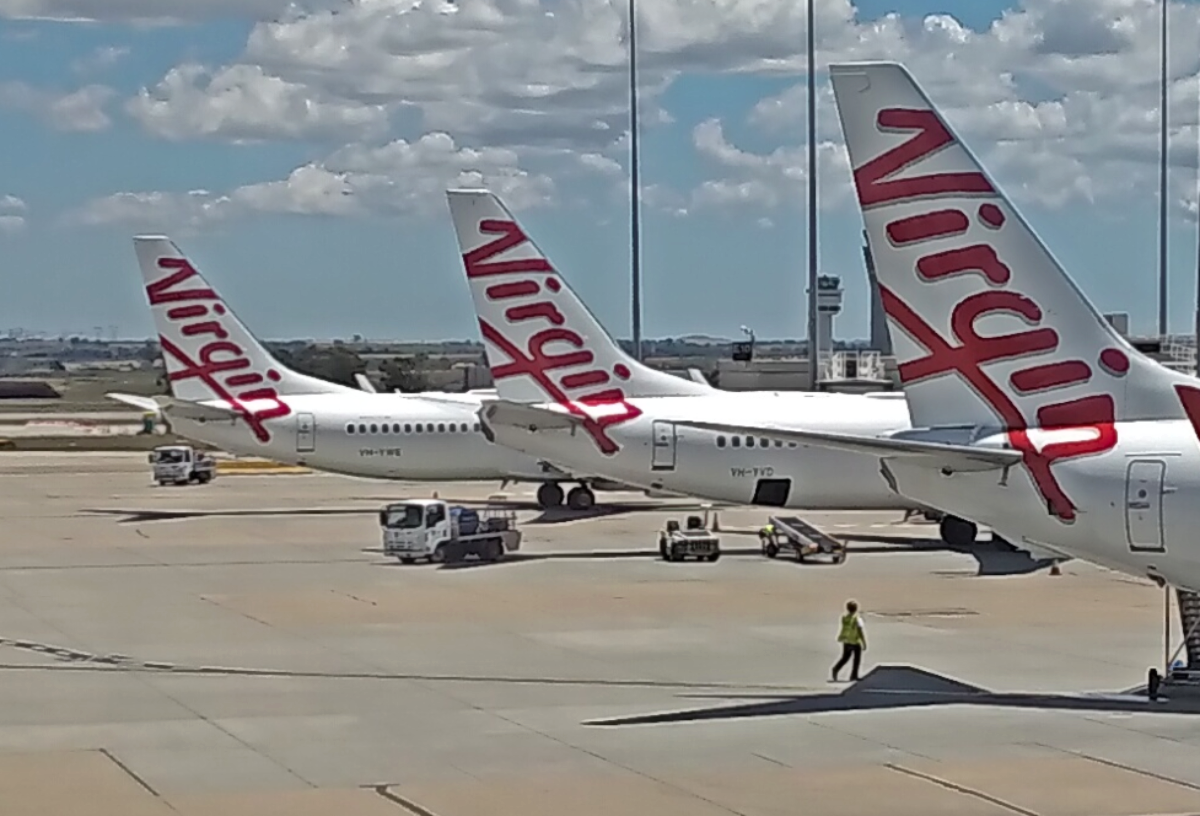Virgin Australia's owners, US private equity outfit Bain Capital, have moved to hose down speculation they are looking to flip their investment soon. For the past six months, gossip has intensified about Bain looking to sell down or sell out shortly after Australian flying conditions normalize. The speculation recently required a statement from the airline's Australian boss. Then last week, Virgin Australia brought out the heavy artillery - Bain Capital's Managing Director.
Bain Capital MD tries to hose down Virgin Australia sale speculation
According to a report in The Australian newspaper, Boston-based Bain MD Ryan Cotton was visiting Virgin Australia's Brisbane HQ last week and addressed the airline's 6,000 employees in a virtual town hall-style meeting. He tried to reassure employees Bain Capital was sticking with Virgin Australia for the long-haul.
Bain brought Virgin Australia in 2020 after the airline went into voluntary liquidation. Previously, Virgin Australia was publicly listed, but the majority of shares were held by a group of big-name airlines. Those airlines did their dough when Bain picked up VA for a relative song and took the airline private.
Almost immediately, local industry observers began wondering how long Bain would keep Virgin Australia for - after all, this was a private equity business with a strong profit ethic and a history of flipping investments. But the prolonged COVID-related travel restrictions and border closures in Australia meant Virgin Australia spent the remainder of 2020 and most of 2021 in the doldrums, rendering the airline an unattractive buy.
Persistent sale rumors prove hard to squash
Late last year, as Australia finally began relaxing its restrictions, local airlines began getting some uplift again, and the Bain IPO rumors re-emerged. Virgin Australia's CEO Jayne Hrdlicka attempted to settle those rumors just before Christmas.
"If and when there is something to say about future capital structures of Virgin Australia, you will hear it from us," Ms Hrdlicka told employees. "Bain Capital under every scenario will be our strategic partners and our major shareholder for many years to come."
Then last week, Mr Cotton revisited the subject. In his comments to employees, he didn't say Bain would never sell down or sell out their investment, but Mr Cotton did say Bain was committed to rebuilding "a phenomenal airline and to set it up for phenomenal long-term success" - suggesting that would take as long as it takes.
"If we’re so lucky in the future to have a liquidity event, a moment in time where we go public or something like that, that’s an incredibly good sign for the business... it means we’re healthy, it means we’re strong," he added.
Virgin Australia's planes are full, but what about their yields?
The kicker in Mr Cotton's comments is that he declined to canvas any potential dates or timeframes for his "liquidity event." Regular Virgin Australia flyers, like this writer, know from first-hand experience that their planes are now full, and the terminals and lounges are busy again. But outside VA's HQ, the big unknown is how the yields on the now near-full planes are. Virgin Australia's competitive fares are popular but may not be generating big returns for the airline.
Those busy planes people now see, combined with Ryan Cotton's lack of specificity, means his attempt to settle the chit-chat about Bain's medium to long-term plans for Virgin Australia may prove fairly futile.
Source: The Australian



